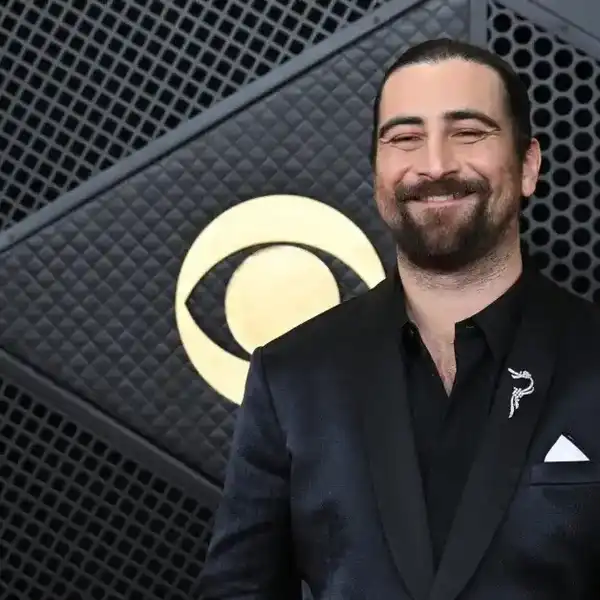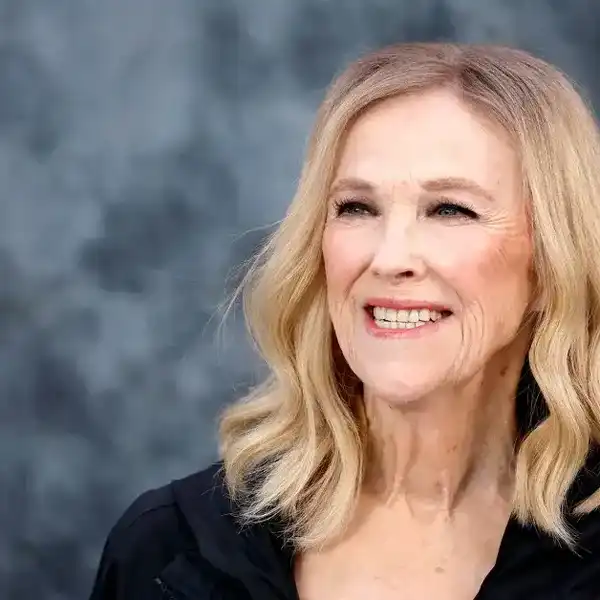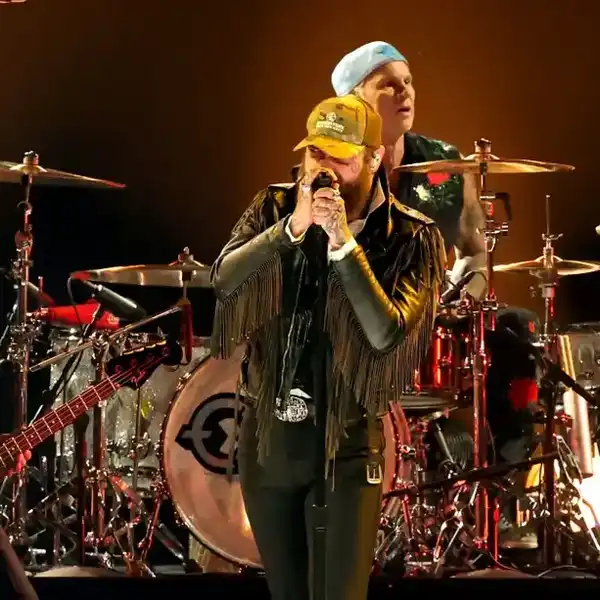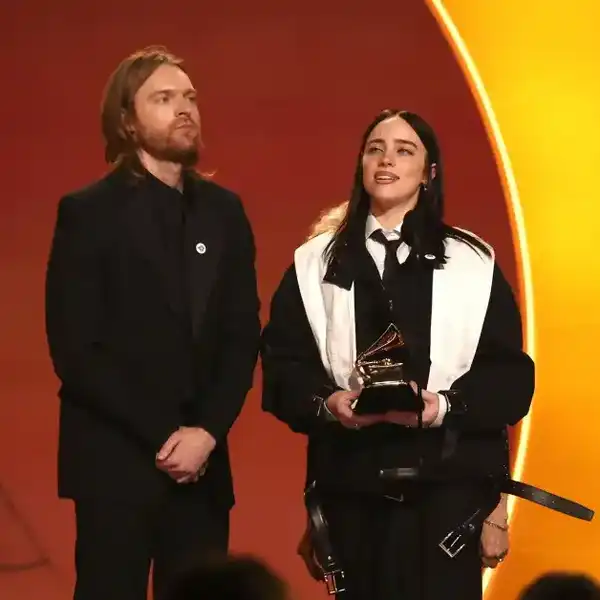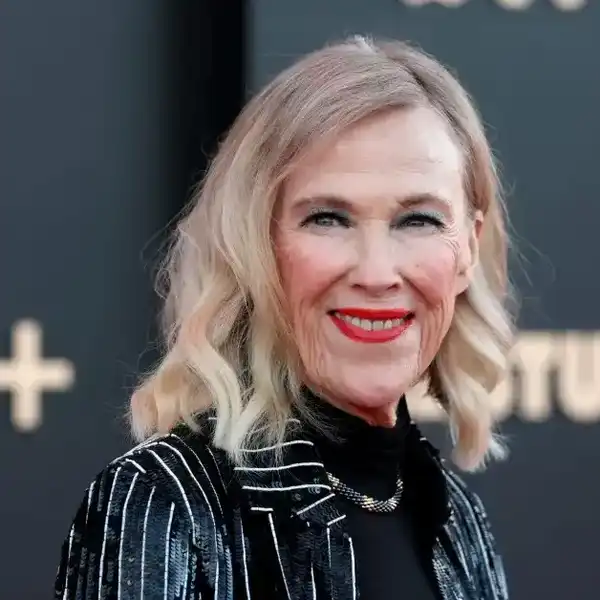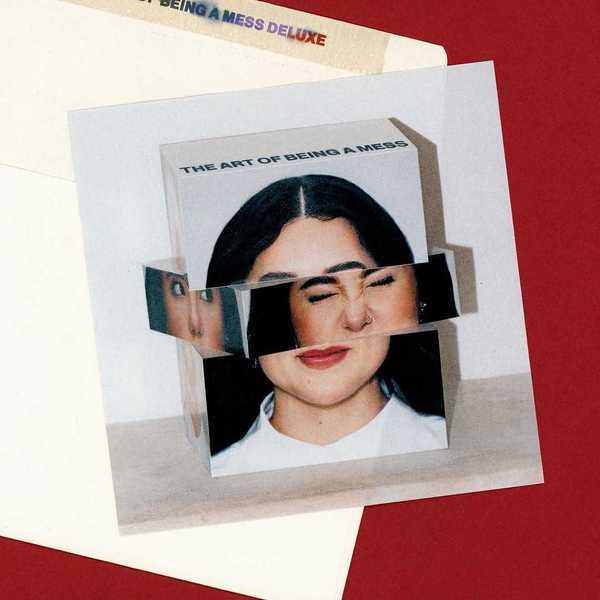Five Questions With… Innes Wilson
This Guelph songsmith has returned to music with a renewed passion and creativity, releasing three new records over the past two years. Here he discusses his new EP Seaview, his punk roots, and his creative evolution.
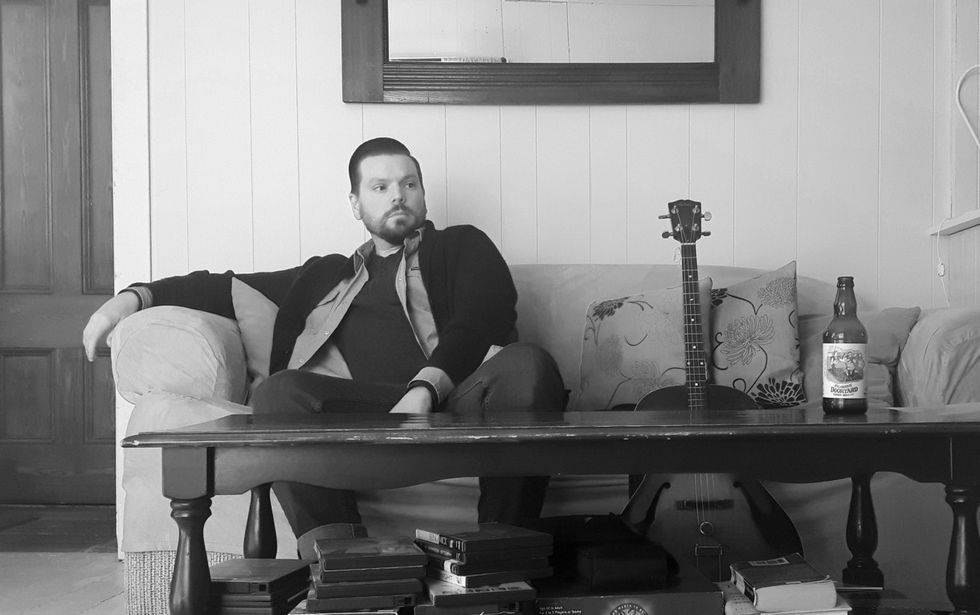
By Jason Schneider
Originally from Vancouver, Innes Wilson is a Guelph, Ontario musician and has been writing and performing since 1999. After a six-year hiatus, he recently returned to music with a renewed passion and creativity, releasing three new records over the course of two years. His latest effort is a four-track EP entitled Seaview, made while touring the east coast in April 2018 with the help of two of Canada's most dedicated indie bands, WHOOP-Szo and Construction & Destruction.
The songs took shape during recording sessions at The Quarantine, Construction & Destruction's living room studio in the beautiful Nova Scotia hamlet of Port Greville, overlooking the Bay of Fundy. Working closely with the members of WHOOP-Szo, simple folk tunes grew into powerful grunge/pop tracks, styled after the early ‘90s sounds that have always inspired him.
The music is reminiscent of the early years of Wilson's career, but strengthened by many more years of experience as a songwriter and touring musician, opening for artists such as The Sadies, Julie Doiron, Grimes and Timber Timbre. Hear more at inneswilson.bandcamp.com.
What makes Seaview stand apart from your previous work?
Seaview is special because it was planned, yet it evolved casually. I had written two songs that I felt needed a backing band to help take them to their full potential. Since my return to music I've been playing and recording pretty much solo, and I didn't have anyone to help me back them or a way to build them just on my own. While on a short tour in the Maritimes I was able to track these songs with the help of WHOOP-Szo who I was travelling with. These guys are incredible musicians, and they got what I was trying to do. In the end, I feel Seaview is one complete thought spread across four songs.
How would you describe your artistic evolution so far?
I've never been asked this before, so I’ve never really thought about it. There have been major leaps and bounds, and even when I took time off from music to focus on a career, I didn’t stop playing or writing. At one point I picked up the tenor banjo during my hiatus and stopped playing six-string guitar altogether. I ended up getting a tenor guitar, which I’d always wanted and I fell in love with it. My ability to play six-string is quite limited now unfortunately because I only play and write on tenor. I feel now that the tenor is more intuitive to the way I think about guitar and has helped me get to a point where I’m confident from a technical standpoint. Overall, I'm just a punk that writes folk songs like they are grunge songs.
What are your fondest musical memories as you were growing up?
In high school, my best friend and I started a two-person punk band. We would put on elaborate shows with projections and tell jokes and give away prizes at our shows. We were so ambitious and creative—not just about making music, but being entertainers. At the time we were just weird and crazy, but that led us further into different genres of music. The funny thing was when I would send venues our demo they would respond by saying, “You're only a two piece? Can’t you find a bass player?”
What song in your catalogue means the most to you and why?
Every new song I write I think is the best one, so it’s a never-ending cycle of feeling like I keep out-doing myself. But I've also got this full-length record I made in 2011 that I never released that has some great tracks. Then again, the song I just wrote two days ago and demoed on my old multi-track is gonna blow some minds.
If you could fix anything about the music industry, what would it be?
The value of music. In 2018, it’s almost worthless, given how much the cost of everything else has gone up. I mean, I was regularly buying CDs 20 years ago for $15 to $20. Nowadays people will pay that for a vinyl record maybe, but music has decreased in value to the point where we are now just subscribing to streaming services. Even the amount that clubs pay hasn’t changed since I started playing ten years ago. In other words, it would be nice to make enough for gas and a meal at least.




